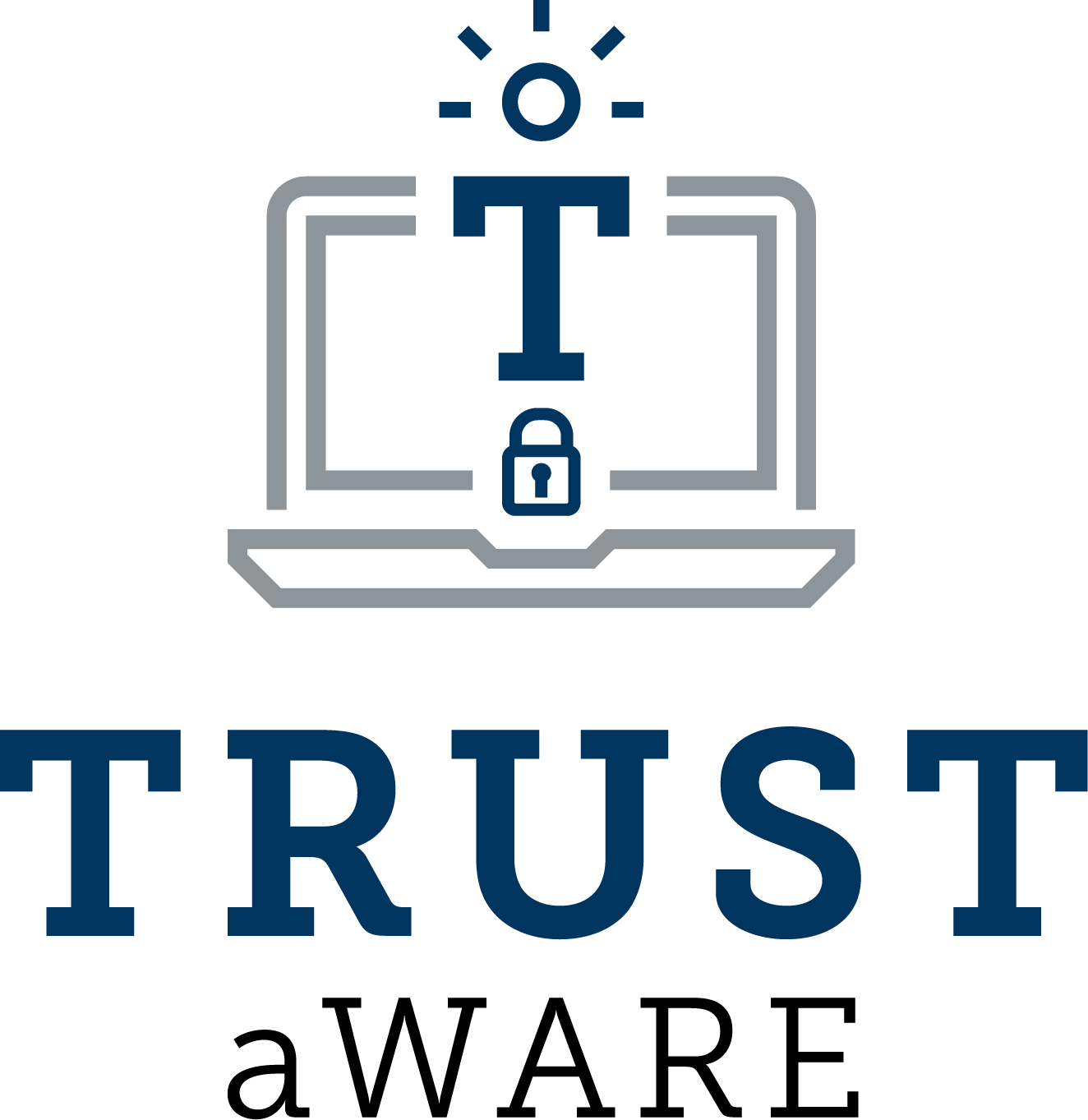Socio-economic impact assessment

by Tim Jacquemard (Trilateral Research)
To better understand social and economic impacts derived from the technology being developed in TRUST aWARE, an impact assessment is being conducted iteratively throughout the project.
The TRUST aWARE project is about more than just developing technology. TRUST aWARE outputs should help people, businesses, and organisations identify and address security and privacy threats. One of the aims of the project is to ensure consumers can identify trustworthy software or help them make informed decisions about the security and privacy threats they are facing. In this project, we develop technology to address existing legal, ethical, social and economic challenges around privacy and security threats online.
In other words, TRUST aWARE develops technology that aims to have certain social and economic impacts. To obtain a better understanding of these impacts, we are conducting a socio-economic impact assessment. In the context of TRUST aWARE, such an assessment systematically identifies and evaluates potential socio-economic impacts of the project’s outputs on the lives and circumstances of individuals or groups. Some of these impacts are positive. For example, if businesses protect themselves against privacy violations and cybersecurity threats, they might avoid hefty fines or damage to their reputation. But TRUST aWARE technology can also have undesirable effects. Developing technology that is privacy sensitive and secure can be complex. As a result, TRUST aWARE technology may slowdown development and a slower development of technology can come with economic costs.
The first iteration of the socio-economic impact assessment identified social and economic impacts based on a literature review. One of the positive social impacts identified in this iteration is that TRUST aWARE might help reduce the risks to and occurrence of data breaches. By educating Internet users about security and privacy threats, these users may be empowered to protect themselves better. Data breaches are social issues. Through data breaches, vulnerable personal information can be exposed with devastating consequences for people’s private life. For example, data, including information such as names, phone numbers and credit card details, of Ashley Madison, a website to help married people have affairs with each other, was exposed in a data breach with tremendous personal consequences for those involved [1]. One of the identified positive economic impacts is that TRUST aWARE tools and insights can be used by companies to enhance their reputation and distinguish themselves from other companies. Published efforts to promote security and privacy can lead to positive impacts on marketing, market share and revenue [2, 3]. As mentioned, TRUST aWARE might also have negative consequences. For individual users and businesses privacy friendly measures could be more costly. People may buy ‘cheap’ products unknown that the product they use is subsidised by data-driven models. Effectively they pay with their information.
In TRUST aWARE, the identification of these impacts is one way to help maximise the positive impact of our tools. Awareness of the positive social and economic impacts can help us focus our technological development to ensure we achieve these impacts. Similarly, identifying potential negative social and economic effects of the technology might help avoid these costs or mitigate them. For example, TRUST aWARE can support developers with choosing third party software development kits with sound privacy and security controls. We will have three iterations of the socio-economic impact assessment. The findings above are part of the first iteration. This iteration will be made publicly available on this website soon.
References
[1] Lamont, T. (2016, February 28, 2016). Life after the Ashley Madison affair. The Guardian. https://www.theguardian.com/technology/2016/feb/28/what-happened-after-ashley-madison-was-hacked
[2] Chai, S., Kim, M., & Rao, H. R. (2011). Firms’ information security investment decisions: Stock market evidence of investors’ behavior. Decision Support Systems, 50(4), 651-661. https://doi.org/10.1016/j.dss.2010.08.017
[3] Kosta, E., Dumortier, J., Ribbers, P., Fairchild, A., Tseng, J., Liesbach, K., Franz, E., Leenes, R., Hoogwout, M., Priem, B., Kölsch, T., & Zibuschka, J. (2006). Requirements for privacy enhancing tools. Journal of Public Economics – J PUBLIC ECON.


